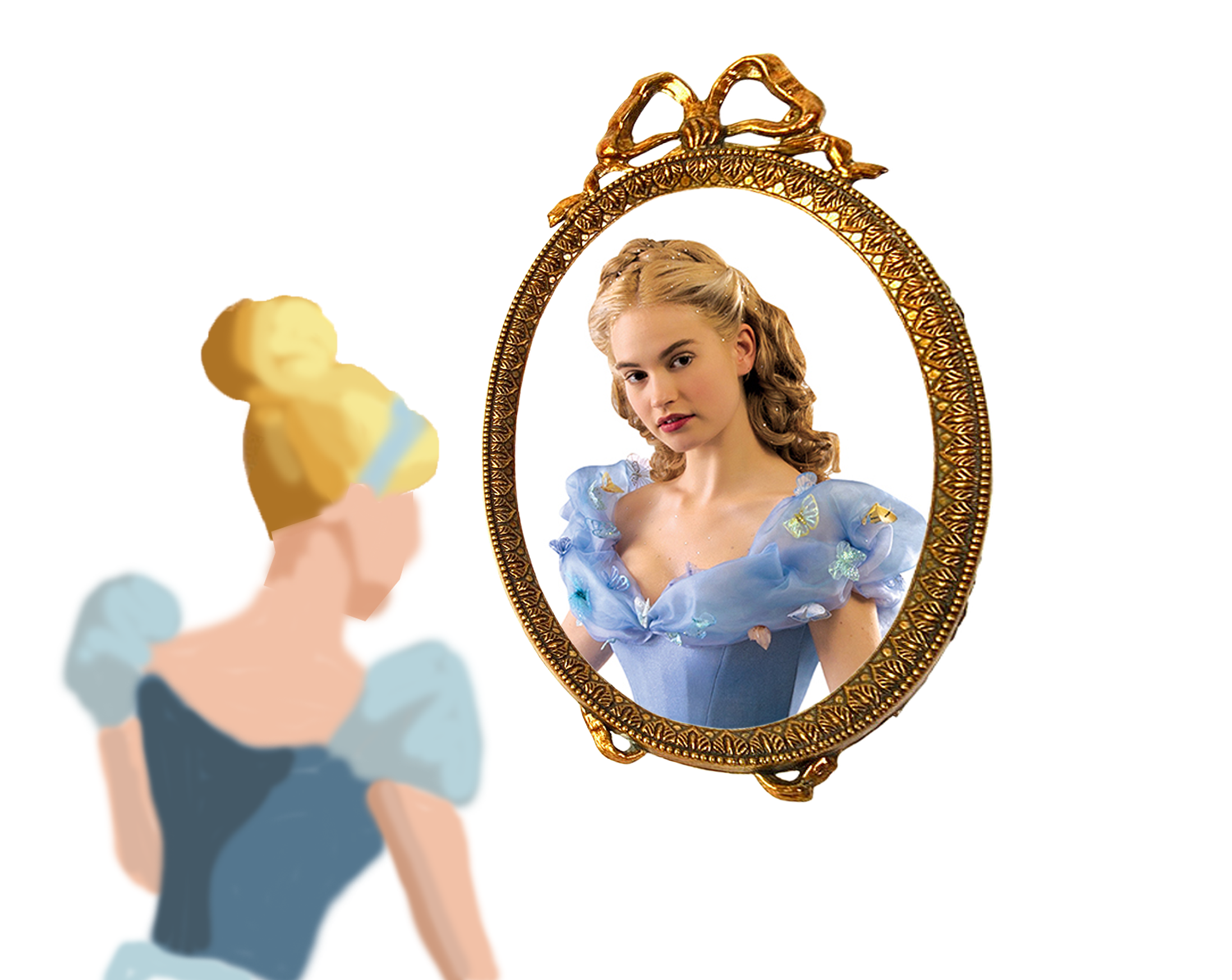A study on the reasons Disney is remaking its beloved animated movies
If you’ve been following entertainment news recently, you might have heard Disney is planning on releasing live-action retellings of its classic animated movies. The first film in this genre was Alice in Wonderland, a 2010 remake which grossed over $1 billion worldwide, according to Box Office Mojo. Although the Jungle Book exceeded the studio’s forecasted expectations, the recent onslaught of adaptations announced within the last week has left some people dumfounded.
There are now 12 live-action Disney films in the works, including some childhood favorites like Aladdin and The Little Mermaid. Even a Chip ‘n’ Dale adaptation was announced earlier this month, according to mashable.com. In my opinion, these remakes are a ridiculous idea with the sole purpose of increasing the production company’s bottom line. Why is Disney rushing out all of these remakes instead of developing new ideas?
For starters, according to Business Insider, Disney is a risk-averse company, and every time they take a chance with a challenging project, they fail miserably. For example, their attempt at entering the video game business—which, according to the same source, resulted in hundreds of jobs lost and the closing of six video game studios. According to Forbes, movies like Mars Needs Moms and John Carter lost the company upwards of $500 million. It is becoming incredibly difficult to attract audiences with new ideas in a world filled with derivative works, or works based on something that already exists, like a book. Moviegoers want to go see a film they know they are going to enjoy, not risk spending two hours grinding their teeth, Business Insider states.
It is also important to mention that Disney, like any other company, has to have a constant stream of output. The many animators hired by the company can’t remain idle—it would bankrupt the studio. Hence, any project, no matter how absurd, might start production if the executive team believes in its money-making power, as said in Creativity Inc., by Pixar president Edwin Catmull and Amy Wallace.
According to the same book, by adapting their previous works, Disney believes they will attract millennials who have been increasingly avoiding movie theaters. According to an article in The Atlantic, people between the ages of 15 and 30 grew up watching The Lion King on VHS and will go see its adaptation regardless of its quality. This is worrisome as the increase in ticket sales might cause Disney to believe that they no longer need to come up with new ideas—they can just continue to allow one remake after another.
This is not the first time Disney has opted to recycle stories rather than develop something new. The studio has been releasing sequels to their animated films since the late 90s and early 2000s, from Cinderella 3 to Aladdin: The Return of Jafar. At least the company had the decency to release those films straight to video instead of giving them worldwide theatrical releases.
According to Catherine Russell, chair of Concordia’s Mel Hoppenheim School of Cinema, filmmaking is constantly evolving. Due to its constant transformation, the movie industry should be dominated by adventurous producers, not money-hungry executives.




